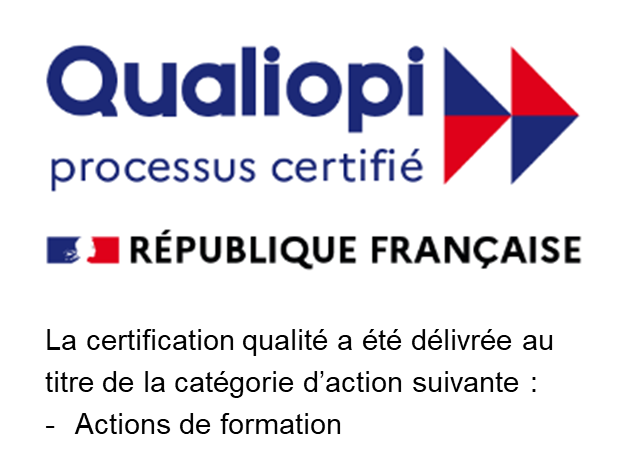ARE YOU ADEQUATELY MEASURING THE ATTRITION OF YOUR ENTIRE GLOBALLY MOBILE WORKFORCE?
There is a contradiction in global mobility programs around the world. More and more, organizations are using international mobility to fill critical business needs and as part of the essential developmental experience of valued talent; however, when that business need is filled, or that talent has gained the skills they lacked through an international assignment, most organizations end their mobility support. International experience is recognized as a key element of a leader’s resume, but what if the next step for these motivated, mobile employees is leaving? Post-assignment attrition is growing, we all know it, with attrition rates rocketing up to 60% in the technology industry! Unfortunately, the picture may actually be even bleaker: as more companies move away from full-fledged traditional expatriate assignments to fill global business needs with the increased use of “local plus” assignments, permanent moves, and localizations , these globally mobile professionals quickly fall off the radar post-move.
So, should companies also track the attrition rates of their “local plus”, permanent transfers and localizations?
A compelling case can be made that in order to protect the resources invested in these mobile employees, greater efforts should be made to retain them whatever mobility package or status they are on; a mobile employee’s global perspectives and capabilities will benefit the entire company. Sadly, few companies take advantage of the vast knowledge that these mobile professionals gain from different markets, ideas for inventing or enhancing products and services, and strengthened human networks across functions and geographies. The international mobility function can have a big effect on retention and engagement of their entire globally mobile workforce if they are able to work closely to co-create solutions with their global talent management colleagues. When organizations lose track of who has global experience, or fail to formally support these mobile individuals, especially if they are ready to move on less expensive packages, they lose a huge opportunity to serve their global corporate ambitions. There needs to be a connection between the system of record and tracking them as globally mobile employees. While this may seem tactical, it takes on strategic importance when tied to career management.
Mobile employees need to know that they are on a career development track that gives them personal and professional satisfaction, whatever mobile status they’re on, or they will find someone who does appreciate it. Companies need to take a pro-active, global talent management approach to retaining and engaging their entire globally mobile workforce.
Share this post















